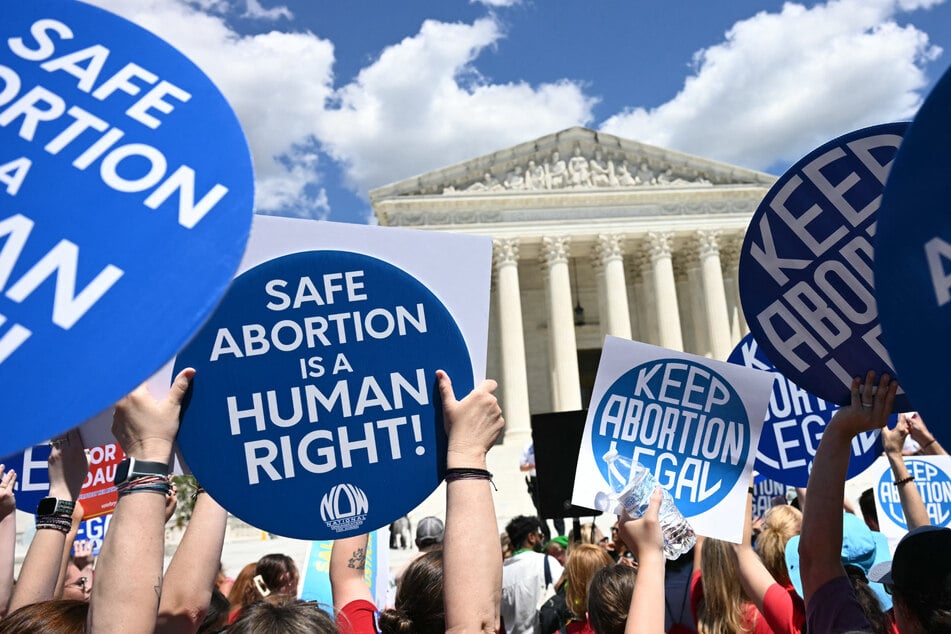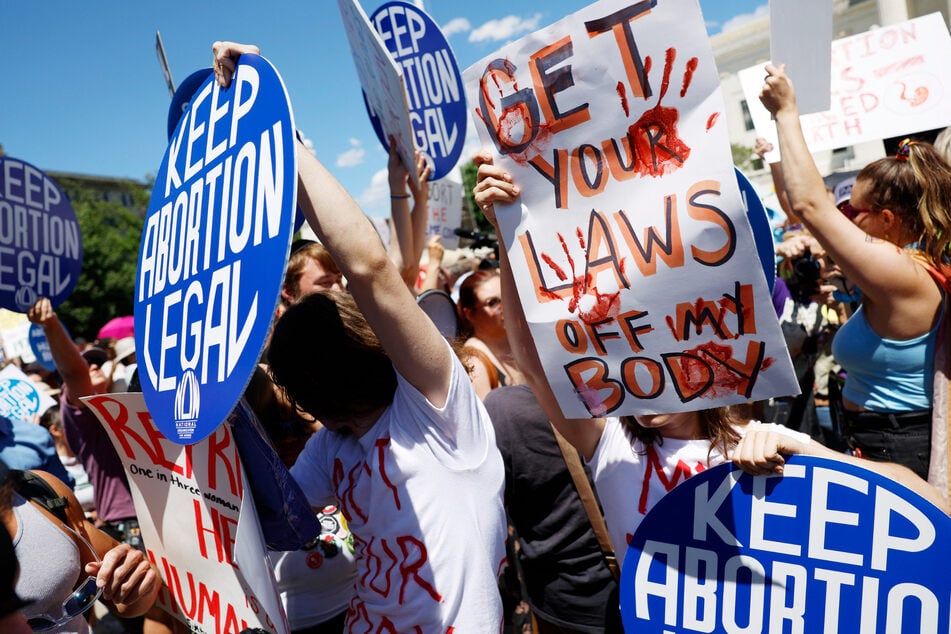Supreme Court reportedly set to allow emergency abortions in Idaho
Washington DC - The Supreme Court is set to allow abortions for women experiencing medical emergencies in Idaho, according to a copy of a verdict briefly posted on its website and seen by Bloomberg News on Wednesday.

Its apparent decision comes two years after the conservative-majority bench overturned the nationwide right to terminate a pregnancy, making reproductive rights a pivotal issue that could affect the outcome of the November presidential election.
The ruling – which Bloomberg posted in full but is not necessarily the final version – would reinstate a lower court's injunction that ensured hospitals could terminate pregnancies to protect a mother's health, dismissing appeals by the northwestern state's leaders.
The court ruled 6-3 in favor of lifting a stay it placed in January on an order issued by a federal judge in Boise while it took up the case. Conservative Justices Clarence Thomas, Samuel Alito, and Neil Gorsuch dissented.
But the order, which was mistakenly uploaded, according to court officials cited by Bloomberg, does not tackle the central issue raised by the case – namely, whether Idaho's near-total ban on abortion conflicts with a federal law requiring hospitals to stabilize patients needing emergency care.
A decision on the merits could have potentially sweeping national consequences.
Rather, the Supreme Court said the appeals are being dismissed as "improvidently granted," and the case should rather run its course in lower courts.
Supreme Court decision avoids central abortion question

After the fall of Roe v. Wade in June 2022, Idaho enacted one of the most stringent anti-abortion laws in the US.
It allows the procedure only in cases of rape, incest, and "when necessary to prevent the death of the pregnant woman," and provides for penalties of up to five years in jail for a doctor who carries out an abortion.
President Joe Biden's administration then sued the state, arguing its Defense of Life Act violated a federal law requiring hospitals that receive government Medicare funding to provide emergency room care, including abortion, in situations that are serious but not necessarily life-threatening.
Concurring with the majority, Justice Elena Kagan said the decision "will prevent Idaho from enforcing its abortion ban when the termination of a pregnancy is needed to prevent serious harms to a woman's health."
Justice Ketanji Brown Jackson concurred with the majority but expressed unhappiness that the court had chosen not to hear the case merits.
"I dissent in part because, in my view, the Court is wrong to dismiss these cases as improvidently granted," she wrote, adding the "procedural mechanism" should not be "turned into a tool for the Court to use to avoid issues that it does not wish to decide."
Alito meanwhile said the court's decision to distance itself from a case it initially chose to take was "baffling" and a sign it "simply lost the will to decide the easy but emotional and highly politicized question that the case presents."
Cover photo: JIM WATSON / AFP

